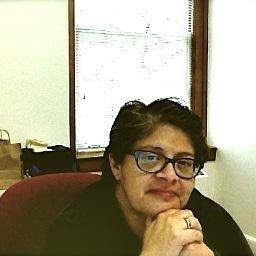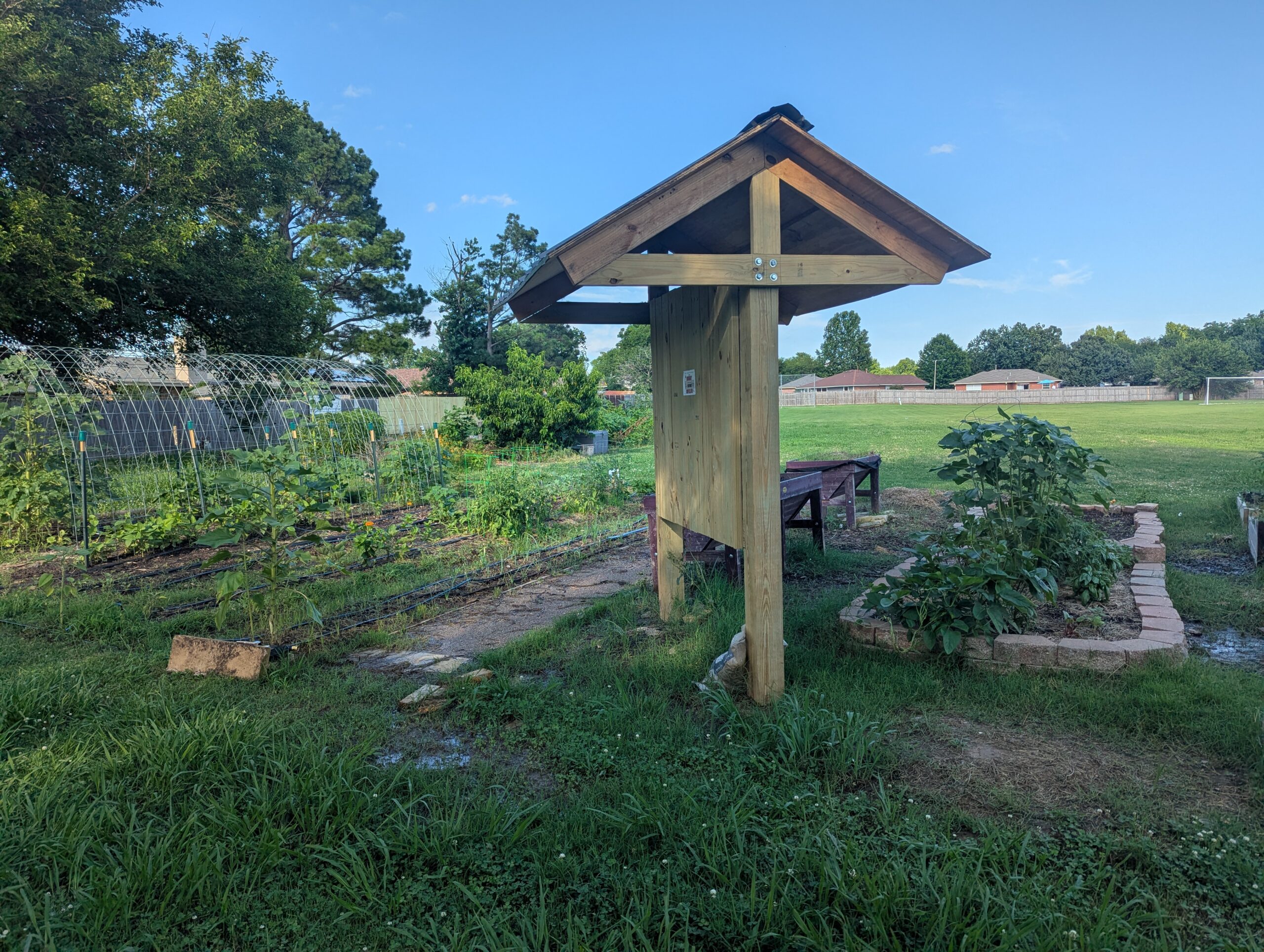Arlene M. Sánchez-Walsh is an associate professor at Azusa Pacific University. She lives in southern California and has been a member since 2015.
 Twitter handle:@AmichelSW
Twitter handle:@AmichelSW
Alma mater/s: BA, California State University, Los Angeles, 1993; MA, Claremont Graduate University, 1997; PhD, Claremont Graduate University, 2001
Fields of interest: Latino/a religious, Pentecostalism, American religious, sports
Describe your career path. What led you to where you are today? I began my career, like most, adjuncting around southern California until I left for Chicago for my first job at DePaul University. Never being able to get used to the snowy winters, I left Chicago to come back home to southern California in 2005. I have been at Azusa Pacific ever since.
What do you like the most about where you live and work? Academics talk all the time about lifestyle choices because they are the most critical decisions we make about where we want to live. The weather, my friends, and being surrounded by my family are what I love most about living here.
What projects are you currently working on? I am finishing work on my second book, a textbook called Pentecostalism in America. With any luck, it will be out sometime at the end of 2017/early 2018 from Columbia University Press. My other project is a book Latinos/as, the Prosperity Gospel, and American Exceptionalism. I am shopping that around right now!
Have your interests evolved since graduation? If so, how? While I am still interested in Latino/a religious history, I have always viewed myself as interdisciplinary so I incorporate different methodologies from sociology of religion, ethnography, and oral history. I am broadening my scope a bit with my next project, a religious history of Latino/a boxing.
What’s the most fascinating thing you’ve ever found at the archives or while doing research? I interview my subjects mostly, or I sit in their churches/conventions and take lots of notes. The most fascinating interviews are those people who offer their deeply personal stories of overcoming various obstacles and knowing that somehow through these interviews, I am preserving a part of often overlooked religious history of Latinos/as in the US.
Is there an article, book, movie, blog etc. that you could recommend to fellow AHA members?Like most of your readers, I read a lot! One of the best things I have read lately is Phil Sinitiere’s book on Joel Osteen, it is a fabulous academic treatment of a fascinating religious personality. As far as movies, one I hope to use in my class this semester is The Witch, a very stylish but deep film about religious authority and gender.
What do you value most about the history discipline? I got into this profession because my “Plan A” (I was a radio producer for local college radio) fell through. I read Dr. Vicki Ruiz’s Cannery Women, Cannery Lives, found out she was at Claremont, and decided that Plan B should be trying to develop this field of Chicano/a history with a nod toward the religious lives of US Latinos/as.
Why is membership in the AHA important to you? Networking of course, keeping current with new scholarship, and having an organization advocate not only on my behalf as a historian, but on behalf of women, people of color, and others historically shut out of so many academic fields.
AHA members are involved in all fields of history, with wide-ranging specializations, interests, and areas of employment. To recognize our talented and eclectic membership, AHA Todayfeatures a regular AHA Member Spotlight series.
This post first appeared on AHA Today.
This work is licensed under a Creative Commons Attribution-NonCommercial-NoDerivatives 4.0 International License. Attribution must provide author name, article title, Perspectives on History, date of publication, and a link to this page. This license applies only to the article, not to text or images used here by permission.



